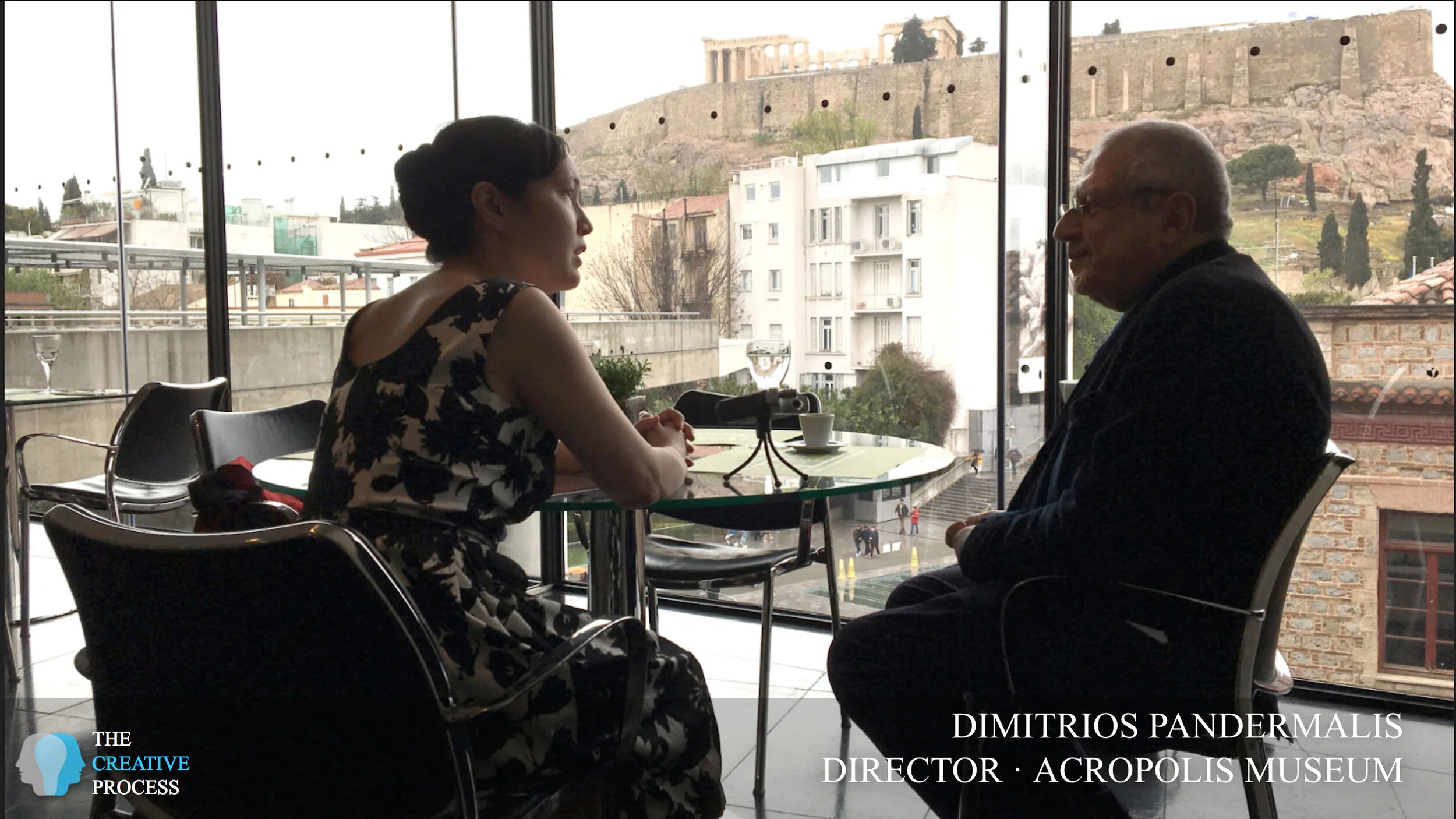Painter and Art Historian for Louvre Museum & Armand Hammer Center for Leonardo Studies at UCLA
Interview Highlights
Well, I have always considered Leonardo as the perfect artist, and more or less like a father. The real master is a kind of a father figure. So, to help me understand better, improve myself, know more, make the proper efforts and listen to someone who is so knowledgeable that in listening to what he says you will make real progress. I was listening to Maria Callas some time ago, because when she came to Paris in 1968 she was in the Opéra Paris, and she was in a concert. Music was in her psychology. In Leonardo, art was in his psychology, as an expression of the mystery of life in him. The same in Callas. I'm always observing artists performing because it's very interesting to observe. She was living in another dimension. As if she were connected to an invisible source, and that invisible source suddenly gave her genius. On top of all she'd been learning technically, so she had the art, the architectural setting of the technique. So she couldn't fail, because of course what she was singing was very difficult, but also, suddenly, life came into it.


















